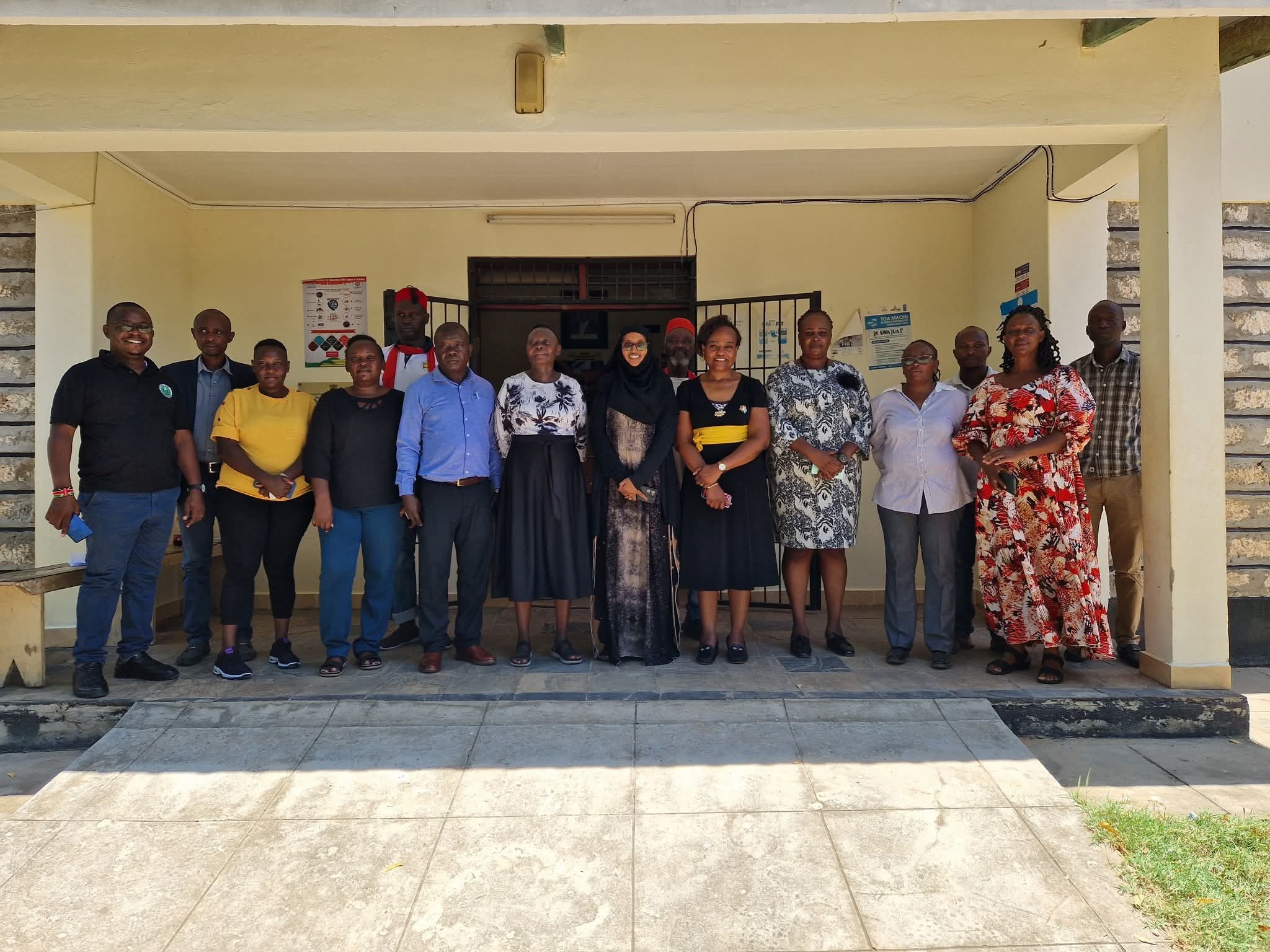Families failure to space children worsens breastfeeding challenges in Kwale

A major factor influencing breastfeeding rates is a lack of adequate child spacing.
Despite greater awareness and initiatives to promote breastfeeding, many mothers in Kwale County continue to encounter substantial challenges due to a lack of support, insufficient child spacing, and nutritional deficits.
As the world commemorates Breastfeeding Week, many homes in Kwale remain impoverished, with women frequently bearing primary responsibility for childrearing.
More To Read
- Breastfeeding in crisis: The hidden impact of early formula use in Kenya
- How misconceptions are undermining breastfeeding efforts in Kenya
- Mastitis pain drives Kenyan mothers to quit breastfeeding too soon, experts warn
- Mothers on the brink: Challenges of feeding babies born with cleft lips
- Marsabit women blame hunger for poor breastfeeding habits
- Heartbroken mothers face the struggles of breastfeeding babies with cleft lips
This strain, combined with a lack of support structures, has impeded successful breastfeeding habits, resulting in higher rates of malnutrition among children.
Mebakari Masha, a mother of three from Kwale, spoke of her difficulties in caring for her children.
"I wish I had received more support from my family and community. Frequently, I am left alone with the children while also managing home duties. This makes it tough to focus on breastfeeding and ensuring my children get the nourishment they require," she explained.
A major factor influencing breastfeeding rates is a lack of adequate child spacing.
Many mothers in Kwale have children of similar ages, making it difficult to dedicate enough time and attention to each child's breastfeeding needs.
Mary Mimba claims she was unable to breastfeed for a minimum of two years because she became pregnant while her first child was just nine months old.
"I had to stop breastfeeding him when he turned one year for fear of harming my unborn child," she explained.
Doctor Peter Mwangi, a local paediatrician, emphasised the need for child spacing.
"Breastfeeding works best when women have adequate time to heal and properly care for their babies. He stated that without sufficient spacing, both the mother's and the child's health and nutrition may suffer.
Mother-to-mother support networks, which are effective in supporting and mentoring new mothers, are one approach to addressing these difficulties.
These networks allow women to share their stories, give advice, and offer emotional support.
Diana Joto, the Kwale County Nursing Officer, emphasised the importance of these networks, stating that they had helped promote breastfeeding.
"When women band together and support one another, they are more likely to overcome breastfeeding obstacles. They share tips and offer emotional support, which is critical to their success," he said.
Another important part of enhancing breastfeeding practices is supporting healthy nutrition for nursing mothers.
According to Joto, three out of every ten children under the age of five are malnourished.
Many women in Kwale have created kitchen gardens to ensure that they get enough nourishment.
These gardens contain fresh vegetables and fruits, which are vital to the mother's health and milk production.
Mesalimu Jumanne, a local farmer, said that having a kitchen garden has made a big difference.
"I can now provide my family with fresh, nutritious food, which helps me maintain a healthy diet and breastfeed effectively," she remarked.
Health officials also emphasise that newborns should not be introduced to solid foods until they are six months old.
The World Health Organisation (WHO) recommends that infants be exclusively breastfed for the first six months to ensure that they obtain all of the required nutrients and antibodies.
"Introducing meals too early can cause nutritional imbalances and diminish the benefits of nursing. Joto emphasised the need to adhere to the specified guidelines for the baby's health.
Sensitisation initiatives in Kwale have been striving to enhance breastfeeding practices by teaching mothers the advantages of exclusive breastfeeding and adequate child care.
These programmes have resulted in greater breastfeeding engagement, yet obstacles remain.
Community health workers are constantly working to provide more women with critical information and support.
Despite the advances, problems remain. Geographic and economic constraints continue to make it difficult for many women to access healthcare services and assistance.
Local organisations and government agencies are addressing these concerns by increasing outreach and distributing resources to under-represented communities.
In light of these problems, ongoing efforts are required to assist breastfeeding moms in Kwale County. Strengthening community support networks, improving access to healthcare, and promoting good nutrition are critical steps towards ensuring that all mothers have the resources they require to give their children the greatest possible start in life.
Top Stories Today














































